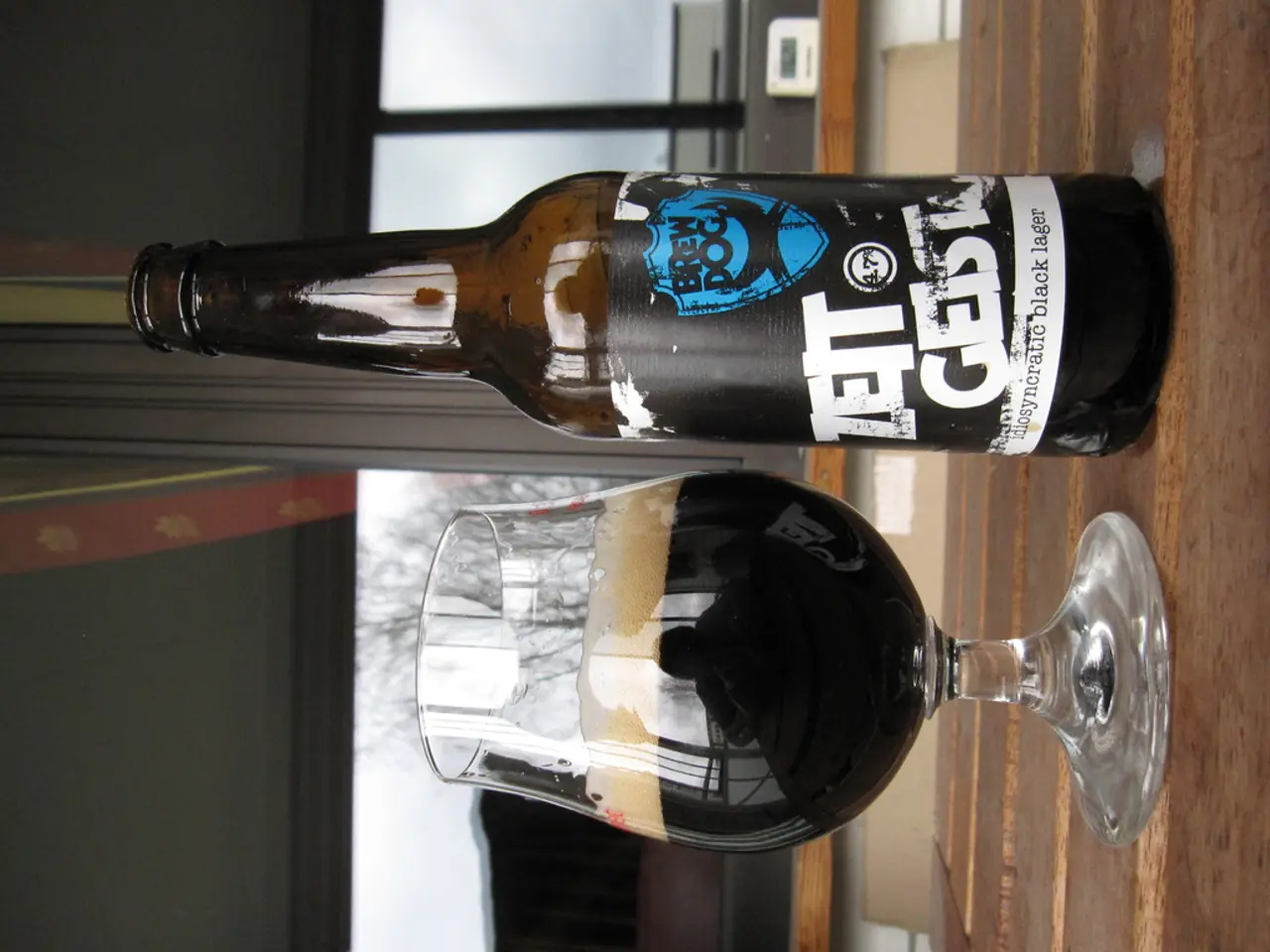Information on Multiple Sclerosis (MS) and alcohol consumption
Multiple Sclerosis (MS) is a complex neurological autoimmune disease, and its relationship with alcohol is similarly nuanced. While alcohol can potentially have negative effects on MS symptoms and interactions with medications, moderate alcohol consumption may be tolerated by some individuals without worsening symptoms.
Potential Negative Effects of Alcohol on MS
Excessive alcohol intake can worsen symptoms such as fatigue, balance issues, and cognitive difficulties, which are already common in MS patients. Heavy drinking may exacerbate neurological impairments or increase disability over time. Alcohol's immunomodulatory effects could theoretically influence disease progression, though more research is needed to confirm this. Moreover, alcohol can increase side effects such as dizziness, nausea, or sleepiness when combined with certain MS drugs.
Potential Positive Effects or Neutral Considerations
Limited moderate alcohol intake might be tolerated by some individuals with MS without worsening symptoms. In the general population, low-to-moderate alcohol use has been associated with cardiovascular benefits. However, there is no conclusive evidence suggesting that alcohol has a direct beneficial effect on MS itself or disease progression.
Interactions with MS Medications
Alcohol may worsen side effects of certain MS medications, increasing dizziness, sleepiness, or gastrointestinal upset. Some MS therapies, like natalizumab (NTZ), affect the immune system and microbiota, and alcohol’s influence on the gut and immune function might theoretically alter treatment effects, though definitive data are lacking.
Summary
Heavy alcohol consumption is generally harmful to people with MS, potentially worsening symptoms and disability. Moderate alcohol intake may be tolerated safely by some individuals but offers no proven benefit to MS itself. Alcohol can exacerbate medication side effects and may interact with immune-modulating treatments in unclear ways.
Patients with MS should consult their healthcare providers about alcohol use, especially regarding interactions with specific medications and individual symptom management. The Multiple Sclerosis Foundation recommends that people with MS stay hydrated, and water is a healthy beverage that offers various benefits for a person with MS.
The link between MS and alcohol is not fully understood, with limited studies showing both positive and negative associations. Alcohol is an intoxicant present in drinks including beer, spirits, and wine, and acts as a depressant to the brain. Alcohol can increase the risk of bleeding from the stomach and intestines when used with nonsteroidal anti-inflammatory drugs (NSAIDs).
Red wine may have both positive and negative effects on people with MS. While some studies suggest that consuming three glasses of red wine per week may be associated with lower levels of neurologic disability, MRI scans have also shown that those who drink red wine have a higher volume of high-intensity lesions than those who do not drink red wine. Alcohol can have depressive effects on the brain and spinal cord, which may worsen symptoms in people with MS.
When used alongside antidepressants, alcohol may increase feelings of depression and hopelessness. MS is a condition that disrupts communication within the brain and spinal cord, causing symptoms that range from mildly disabling to severe. When considering alcohol consumption, individuals with MS should prioritise healthier beverage options such as water, coffee, and green tea.
- In MS patients, excessive alcohol intake can worsen symptoms like fatigue, balance issues, cognitive difficulties, and potentially exacerbate neurological impairments or increase disability over time.
- The immunomodulatory effects of alcohol could influence disease progression in MS, though more research is needed to confirm this.
- Alcohol can increase side effects such as dizziness, nausea, or sleepiness when combined with certain MS drugs, and may interact with immune-modulating treatments in unclear ways.
- Moderate alcohol intake might be tolerated by some individuals with MS without worsening symptoms, but there is no conclusive evidence suggesting that alcohol has a direct beneficial effect on MS or disease progression.
- Limited studies show both positive and negative associations between MS and alcohol, with alcohol being an intoxicant present in drinks including beer, spirits, and wine, and acting as a depressant to the brain.
- When used alongside antidepressants, alcohol may increase feelings of depression and hopelessness, potentially worsening mental health in individuals with MS.
- Individuals with MS should prioritize healthier beverage options such as water, coffee, and green tea, as alcohol can disrupt the communication within the brain and spinal cord and thus worsen symptoms.




